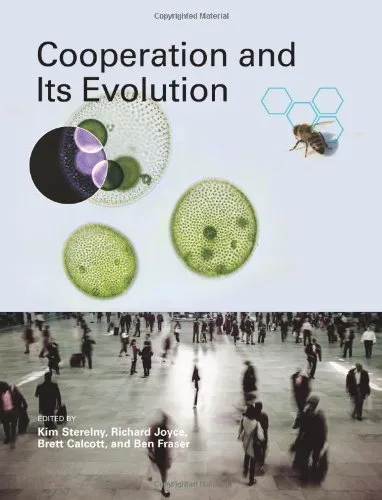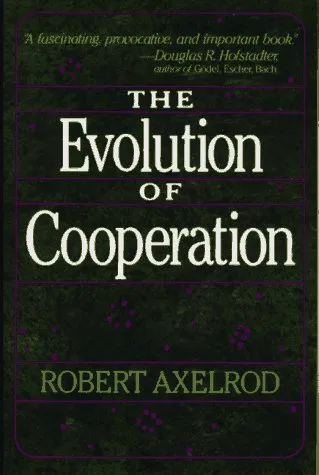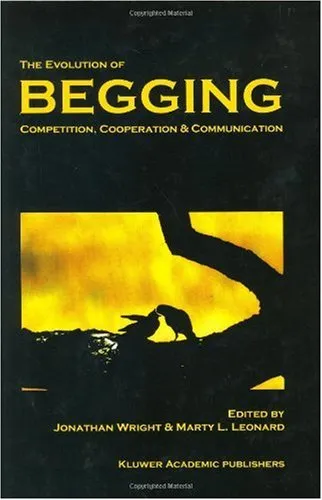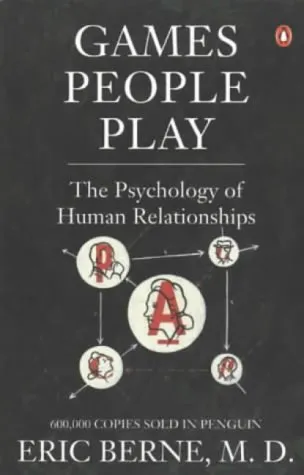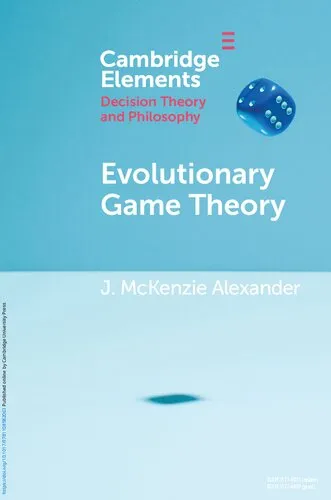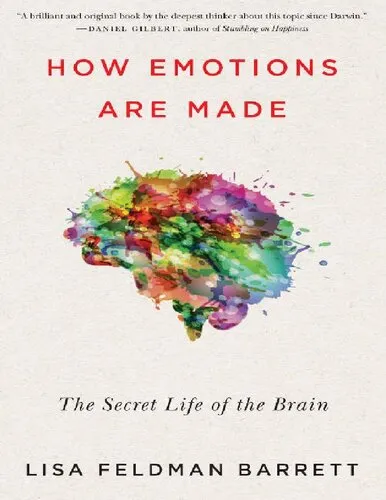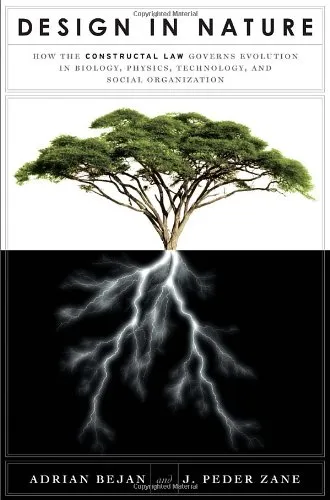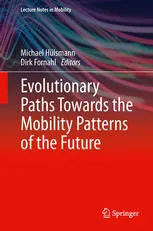Cooperation and Its Evolution
4.5
Reviews from our users

You Can Ask your questions from this book's AI after Login
Each download or ask from book AI costs 2 points. To earn more free points, please visit the Points Guide Page and complete some valuable actions.Related Refrences:
Introduction to "Cooperation and Its Evolution"
"Cooperation and Its Evolution," written by Kim Sterelny, Richard Joyce, Brett Calcott, and Ben Fraser, is an illuminating exploration of one of the most intriguing aspects of life: cooperation. This book examines how cooperation evolves in biological and social systems, offering profound insights into the mechanisms that underpin collaboration, mutualism, and altruistic behaviors across diverse contexts.
The work brings together perspectives from evolutionary biology, game theory, anthropology, psychology, and philosophy to construct a multidisciplinary viewpoint on the origins and intricacies of cooperative behavior. It asks critical questions about why cooperation arises, how it is maintained, and the evolutionary stability of cooperative systems under pressure from selfishness or free-riding individuals.
The chapters are authored by leading experts in their respective disciplines and focus on everything from microbial interactions to human societies. For readers seeking to understand how cooperative behavior structures ecosystems, sustains human civilizations, and contributes to evolutionary success, this book provides a rich and rigorous framework. "Cooperation and Its Evolution" is a thought-provoking, academically grounded, yet accessible text that has become a crucial reference in understanding one of the most essential yet complex phenomena of life.
Detailed Summary of the Book
The book offers in-depth analyses of cooperation across a multitude of contexts. The central focus is understanding how cooperative strategies evolve and persist in systems where individuals compete for resources and survival.
The volume is divided into multiple sections, each exploring a distinct aspect of cooperation. Topics range from the basics of game theory, such as how individuals assess the costs and benefits of cooperation versus competition, to the genetic and developmental mechanics that enable cooperative behaviors in animals, plants, and microorganisms.
In addition, the book delves into human-specific issues, including how cultural evolution enables large-scale cooperation that extends beyond kin and familiar groups. It also touches on the challenges and vulnerabilities of cooperative systems, such as the exploitation of cooperative structures by selfish individuals and strategies for how groups and ecosystems manage these tensions. Throughout, the authors systematically engage with both empirical data and theoretical models, offering a scientifically robust perspective on the subject.
Key Takeaways
- Cooperation is fundamental to life at multiple levels, from genes and cells to organisms and societies.
- The evolution of cooperation often necessitates mechanisms to prevent cheating and ensure fairness, such as reciprocal strategies, kin selection, or reputation management.
- Cultural evolution and social norms play a critical role in sustaining complex cooperation in human societies.
- Understanding the evolutionary roots of cooperation contributes to solving modern dilemmas in economics, politics, and environmental conservation.
Famous Quotes from the Book
"Cooperation is not simply the antithesis of competition—it is its dynamic partner, sculpting the possibilities for life and evolution."
"Altruism in nature is never blind; instead, it is contingent, calculated, and context-sensitive."
"The tension between self-interest and mutual benefit is the crucible in which cooperation is forged."
Why This Book Matters
"Cooperation and Its Evolution" is a cornerstone text for understanding one of the most profound processes shaping life on Earth. In a world where issues like climate change, systemic inequality, and global pandemics demand cooperative solutions on an unprecedented scale, the lessons from this book have never been more relevant. By dissecting how cooperation evolves and thrives in biological, ecological, and social contexts, it provides a foundational basis for addressing these challenges with scientific rigor and philosophical insight.
Beyond its academic contributions, the book invites readers to reflect on the role of cooperation in their own lives and the collective actions necessary to build a sustainable and harmonious world. Whether you are a biologist, a psychologist, an economist, or simply a curious thinker, this book offers an unparalleled opportunity to deepen your understanding of cooperation and its implications for humanity and beyond.
Free Direct Download
You Can Download this book after Login
Accessing books through legal platforms and public libraries not only supports the rights of authors and publishers but also contributes to the sustainability of reading culture. Before downloading, please take a moment to consider these options.
Find this book on other platforms:
WorldCat helps you find books in libraries worldwide.
See ratings, reviews, and discussions on Goodreads.
Find and buy rare or used books on AbeBooks.
1566
بازدید4.5
امتیاز0
نظر98%
رضایتReviews:
4.5
Based on 0 users review
Questions & Answers
Ask questions about this book or help others by answering
No questions yet. Be the first to ask!
